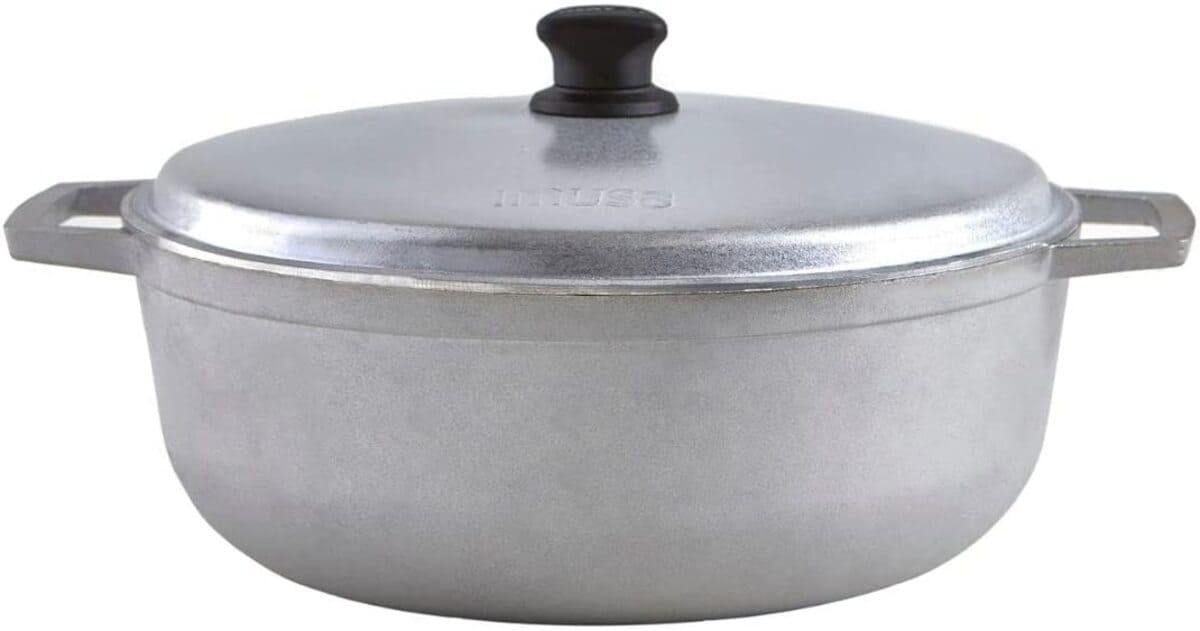Watermelons are a popular fruit enjoyed by many, especially during the summer months. Whether sliced up and eaten fresh or blended into a refreshing drink, watermelons are a staple in many households. However, one question that often arises is whether the seeds are safe to eat.
Contrary to popular belief, watermelon seeds are safe to eat and can even have some health benefits. According to registered dietitian Beth Warren, when eaten raw, watermelon seeds are safe for consumption. They are a good source of protein, essential fatty acids, and minerals. While the amounts of these nutrients may be low, they are still a healthier alternative to other snacks like potato chips.
Nutritional Value of Watermelon Seeds
Watermelon seeds are a nutritious snack that can provide a range of vitamins and minerals. Here’s a breakdown of their nutritional content.
Protein Content
Watermelon seeds are a good source of protein, with approximately 8 grams of protein per ounce. This makes them a great option for vegetarians and vegans who may struggle to get enough protein in their diet.
Fiber Content
Watermelon seeds are also a good source of fiber, with approximately 4.34 grams of fiber per ounce. Fiber is important for maintaining healthy digestion and can also help to lower cholesterol levels.
Vitamin and Mineral Content
Watermelon seeds contain a range of vitamins and minerals, including:
- Calcium: 15.3 mg per ounce
- Iron: 2.06 mg per ounce
- Magnesium: 146 mg per ounce
- Phosphorus: 214 mg per ounce
- Potassium: 184 mg per ounce
- Zinc: 2.9 mg per ounce
- Folate: 16.4 mcg per ounce
These vitamins and minerals are important for maintaining healthy bones, teeth, and muscles, as well as supporting a healthy immune system.
Can You Eat Watermelon Seeds?
Watermelon is a summertime favorite, and its juicy flesh is enjoyed by many. However, what about the seeds? Can you eat them? Here’s what you need to know.
Edibility of Watermelon Seeds
Watermelon seeds are edible, and they can be consumed raw or cooked. In fact, they are a good source of nutrients, including protein, healthy fats, and minerals like magnesium, iron, and zinc. Some people even roast watermelon seeds as a snack or sprinkle them on top of salads for added crunch.
Potential Risks of Eating Watermelon Seeds
While watermelon seeds are generally safe to eat, there are a few potential risks to be aware of. First, some people may be allergic to watermelon seeds, so it’s important to watch for any signs of an allergic reaction, such as hives, difficulty breathing, or swelling.
Second, watermelon seeds contain a compound called cucurbocitrin, which can cause kidney damage in large amounts. However, it’s unlikely that you would consume enough watermelon seeds to cause this type of damage.
Finally, some people may find watermelon seeds difficult to digest, which can lead to stomach discomfort or bloating. If you experience these symptoms after eating watermelon seeds, it’s best to avoid them in the future.
How to Eat Watermelon Seeds?
Watermelon seeds are a nutritious and versatile snack that can be eaten in a variety of ways. Here are three methods for eating watermelon seeds:
Roasting Watermelon Seeds
Roasting watermelon seeds is a popular way to enjoy them. Here’s how to do it:
- Rinse the seeds in cold water, removing any remaining bits of fruit.
- Spread the seeds out on a baking sheet.
- Sprinkle the seeds with salt and any other desired seasonings.
- Bake the seeds in a 350°F oven for 10-15 minutes, or until they are golden brown.
- Let the seeds cool before eating.
Roasted watermelon seeds can be stored in an airtight container for up to a week.
Sprouting Watermelon Seeds
Sprouting watermelon seeds is another way to make them more digestible and nutritious. Here’s how to do it:
- Rinse the seeds in cold water, removing any remaining bits of fruit.
- Soak the seeds in water for 6-8 hours.
- Drain the water and rinse the seeds.
- Place the seeds in a sprouting jar or a container with a mesh lid.
- Rinse the seeds with water twice a day, and drain any excess water.
- After 3-4 days, the seeds will sprout and can be eaten.
Sprouted watermelon seeds can be eaten raw or roasted.
Eating Raw Watermelon Seeds
Watermelon seeds can also be eaten raw, either alone or as a topping for salads or other dishes. To eat raw watermelon seeds, simply rinse them in cold water and remove any remaining bits of fruit.
Conclusion
Watermelon seeds are a nutritious and versatile snack that can be enjoyed in a variety of ways. Whether you choose to roast them, sprout them, or eat them raw, watermelon seeds are a tasty and healthy addition to your diet.



